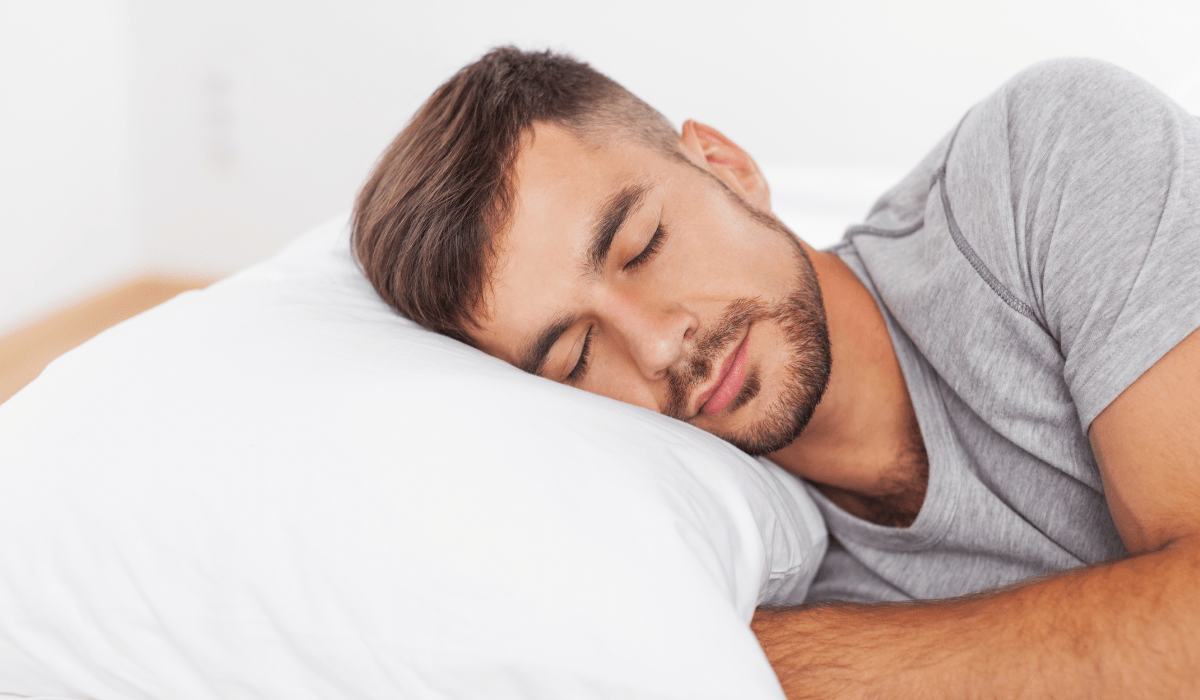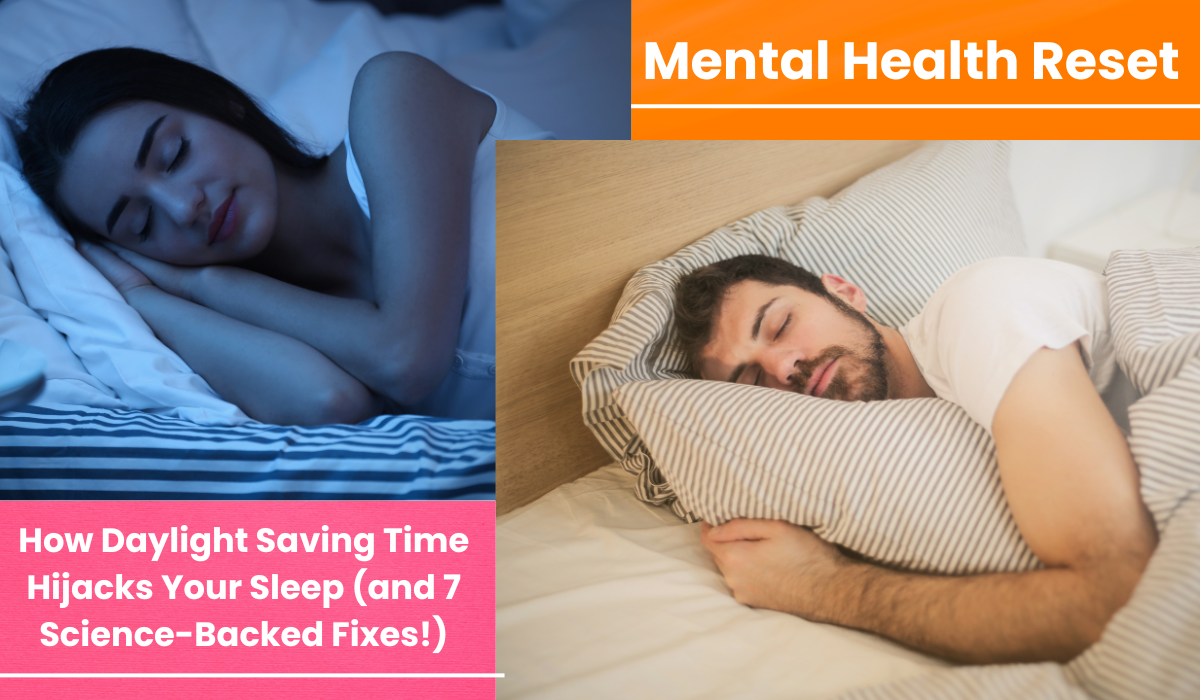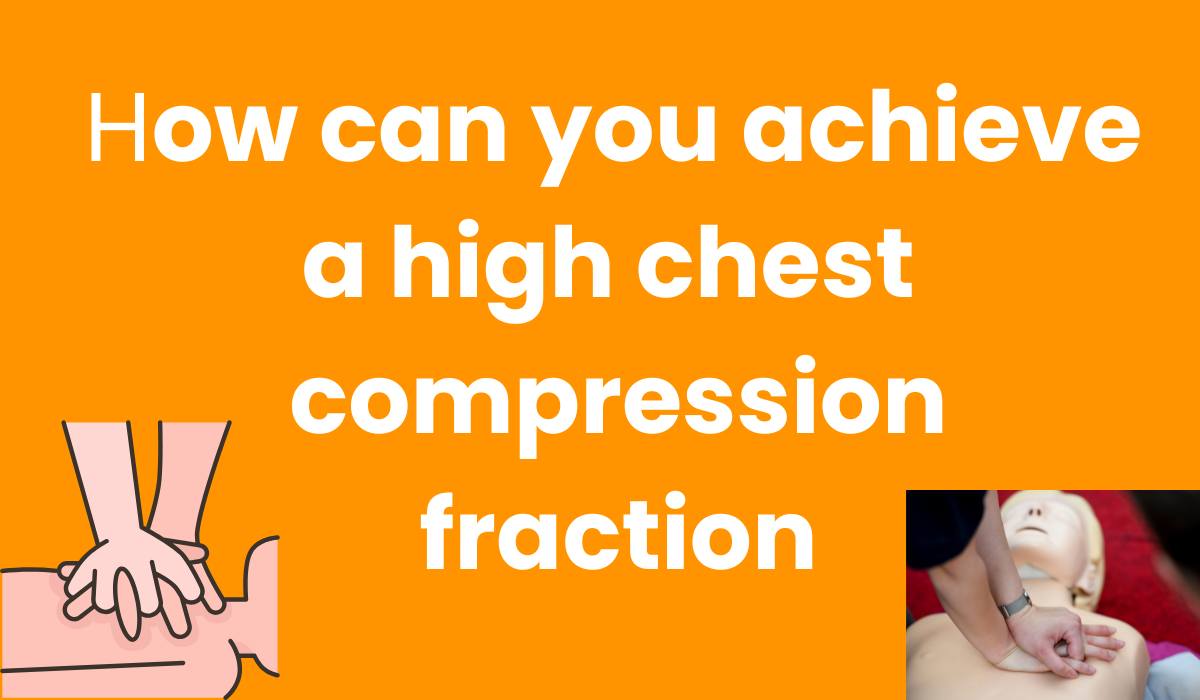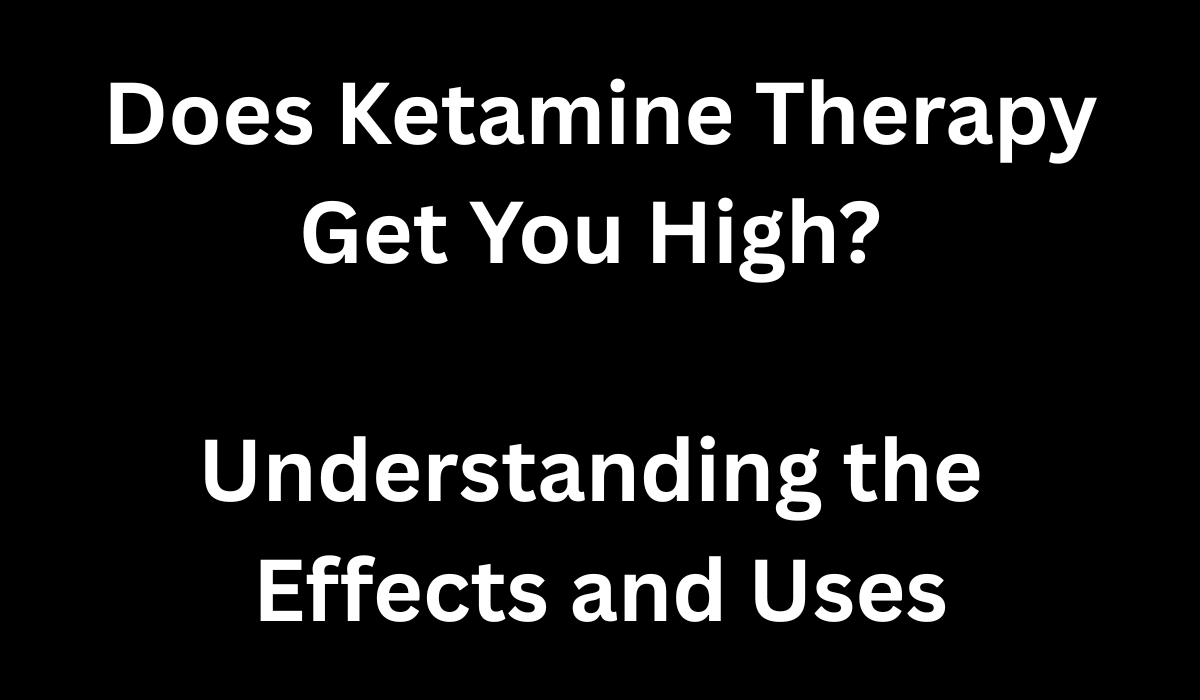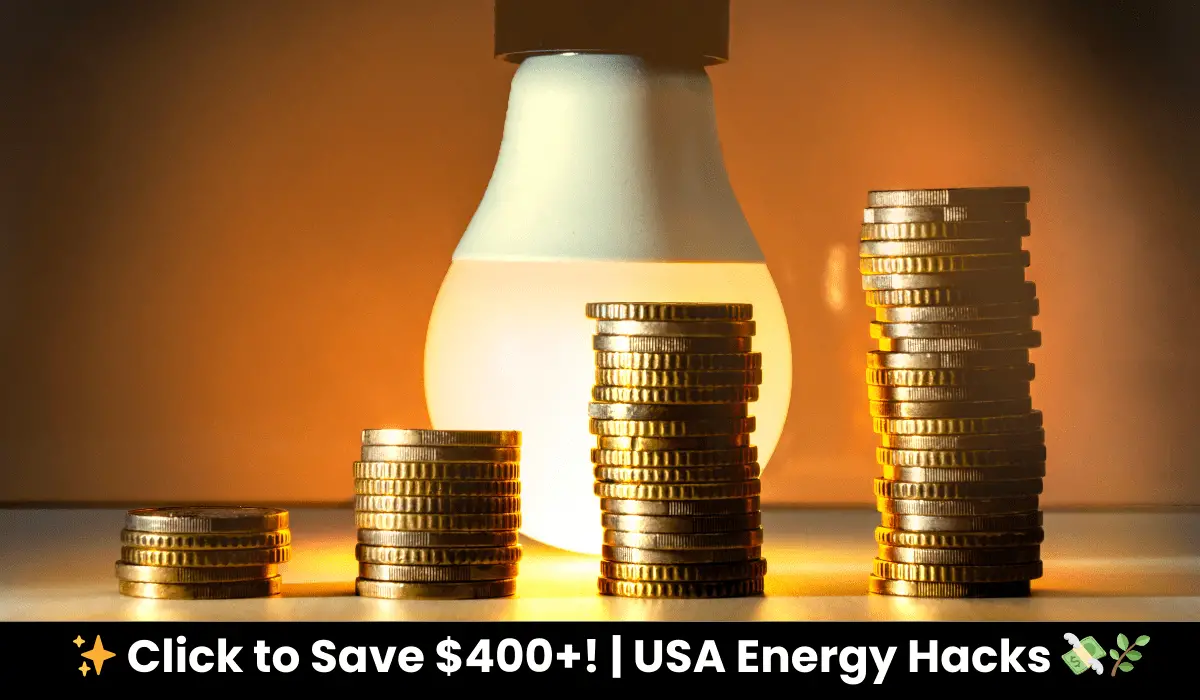Sleeping “high” — whether through cannabis, alcohol, or other substances — is a routine for many. But what about those who slept high? Although it may seem like a shortcut to relaxation, changing your brain chemistry at night can interfere with sleep cycles, diminish sleep quality, and even affect long-term health. Let’s take a look at the science of sleeping under the influence and its hidden impact.
How Substances Affect Your Sleep Cycle
Sleep consists of four stages, including light sleep, deep sleep and REM (rapid eye movement) sleep. THC (in cannabis) and alcohol, for example, disrupt this natural rhythm:
- THC: Inhibits REM sleep, the stage essential for memory consolidation and emotional processing.
- Alcohol: Early, it’s like a sedative; late, it skews the second half of sleep to leave you shattered.
- Sedatives: Can shorten the time it takes to fall asleep, but eliminate deep, restorative sleep.
Short-Term Effects of Sleeping High
Here’s what happens when you sleep high in the immediate wake:
- Faster Sleep Onset: THC or alcohol can induce a feeling of drowsiness that will allow you to fall asleep faster.
- More REM Sleep: Increased dreaming and neurological recuperation.
- Grogginess Next-Day: Incredibility bad sleep quality and wake real unrested.
- Dry Mouth or Dehydration: A widespread cannabis use side effect that annoys your sleeping experience.
Long-Term Risks of Regularly Sleeping High
Regular use of certain substances right before bedtime can affect:
- Difficulty: Your brain may have a hard time sleeping without the substance.
- Memory Problems: REM sleep deprivation damages long-term memory.
- Mental Health Impact: Higher risk of anxiety, depression or aggravated sleep disorders like insomnia
- Build-Up of Tolerance: Requiring increasingly larger doses over time for the same sedating effect.
Sleeping High vs. Sober Sleep: Key Differences
| Aspect | Sleeping High | Sober Sleep |
|---|---|---|
| REM Sleep | Reduced or disrupted | Full, natural cycles |
| Sleep Quality | Fragmented, less restorative | Deep, uninterrupted rest |
| Morning Alertness | Often groggy or foggy | Refreshed and alert |
| Long-Term Health | Risk of dependency and issues | Supports overall well-being |
How to Improve Sleep Without Substances
Here are some healthier substitutes to sleep-induced substances:
Stick to a schedule: Go to bed and wake up at the same time every day.
- Limit Screen Time: Keep blue light away 1–2 hours before bed.
- Practice Relaxation: Use techniques such as meditation, deep breathing or yoga to help reduce stress.
- Optimize Your Environment Keep your bedroom cool, dark, and quiet.
Myth vs. Fact: Sleeping High
Myth: “Weed is a good sleep aid.”
FACT: THC may help you fall asleep faster, but at the cost of REM sleep — so you wake up less restored.
Myth: “A nightcap is good for sleep.”
Fact: Alcohol interferes with sleep cycles, causing mid-night wakings.
Conclusion: Natural Sleep: A Better Health Choice
The answer, then, is what happens when you sleep high. Even if it might make him, short-term, feel like he’s sedated, which he also wouldn’t really benefit from because (again) it’s not exactly an expensive way to consume drugs — the long-term costs of disrupted REM sleep, dependency risks, and negative impacts on mental health obviously compute far higher than the supposed benefits. For sleep that truly restores you, emphasize natural sleep hygiene and seek a healthcare professional when insomnia goes on. Your body and mind will thank you for it.
